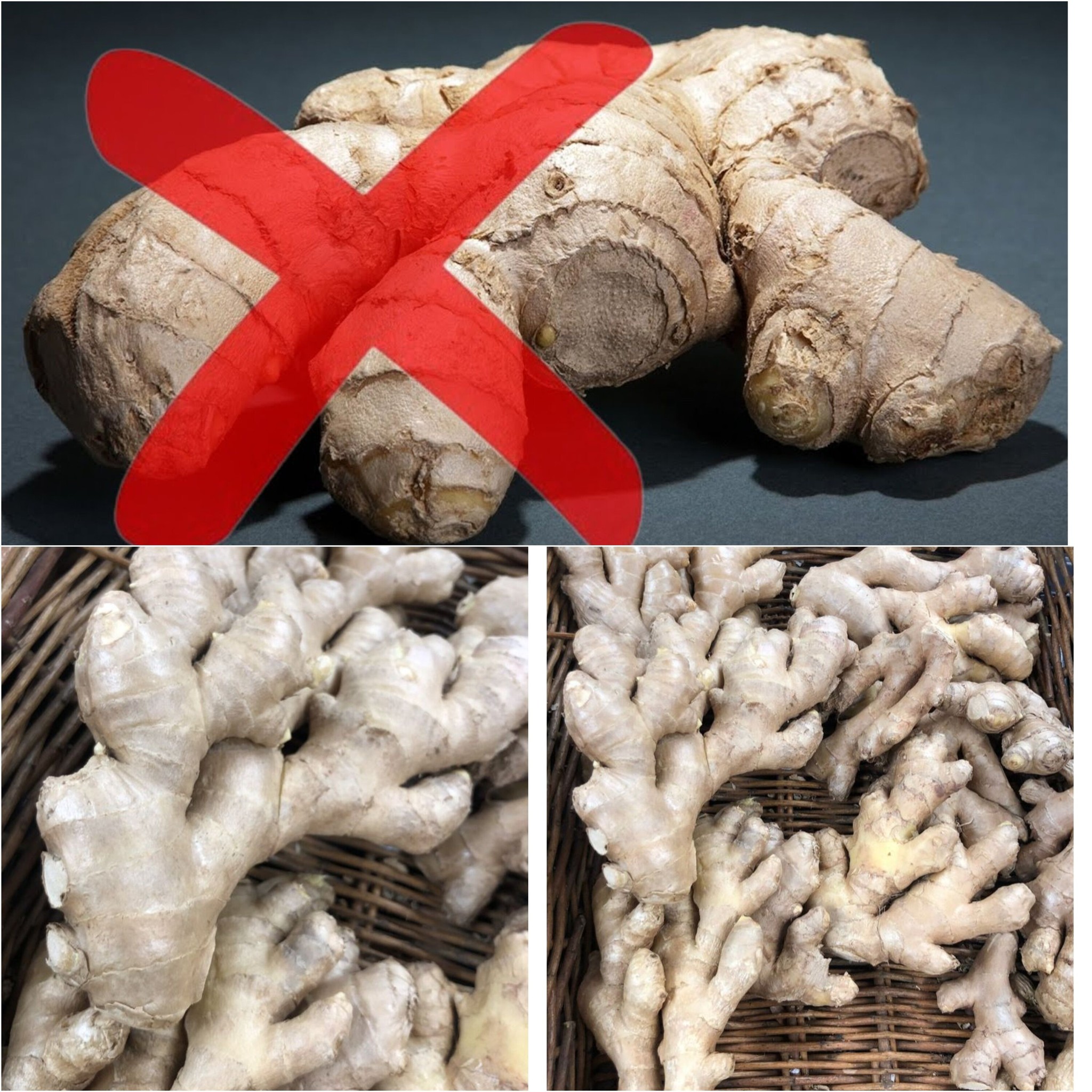Ginger stimulates the production of bile, which is helpful for digestion. However, for those with gallstones, increased bile production can lead to discomfort and complications. If you have gallstones, it might be better to limit your ginger intake to avoid triggering any painful episodes.
3. Low Blood Pressure and Heart Conditions
Ginger can lower blood pressure, which is beneficial for many. However, if you already have low blood pressure or certain heart conditions, ginger might cause your blood pressure to drop too low or interfere with heart medications. Always check with your healthcare provider if you have concerns about heart issues and ginger consumption.
4. Pregnancy
Ginger is often recommended to alleviate morning sickness during pregnancy. Nevertheless, consuming high amounts of ginger can raise concerns, especially close to labor, as it might increase the risk of bleeding. Pregnant women should use ginger sparingly and always under medical advice.
5. Sensitive Stomach
Although ginger can help with digestive issues, it can also irritate the stomach lining if consumed in large quantities. If you have a sensitive stomach or conditions like peptic ulcers, ginger might exacerbate your symptoms. It’s best to use ginger in moderation or seek alternatives that agree with your digestive system.
Tips for Ginger Use
Consult Your Doctor: Always talk to your healthcare provider about incorporating ginger into your diet, especially if you have existing health conditions.
Start Small: If you’re new to ginger, start with small amounts to see how your body reacts.
Alternative Options:
Continue Reading in next page

